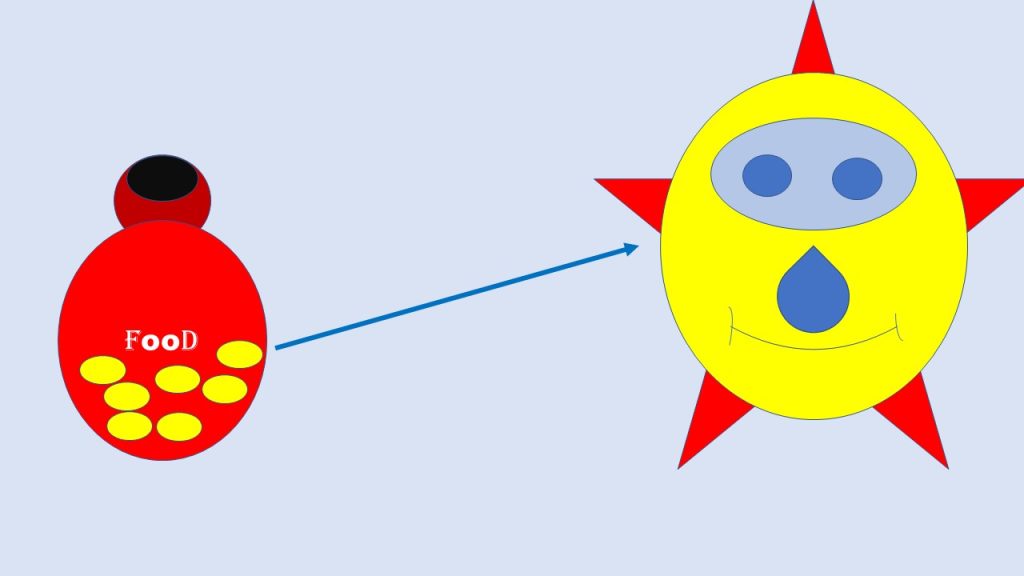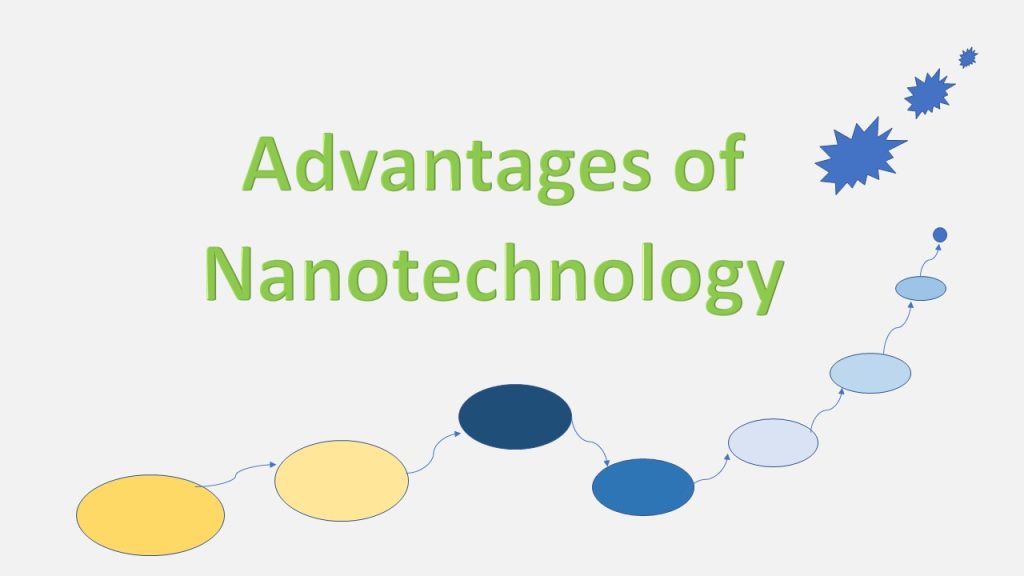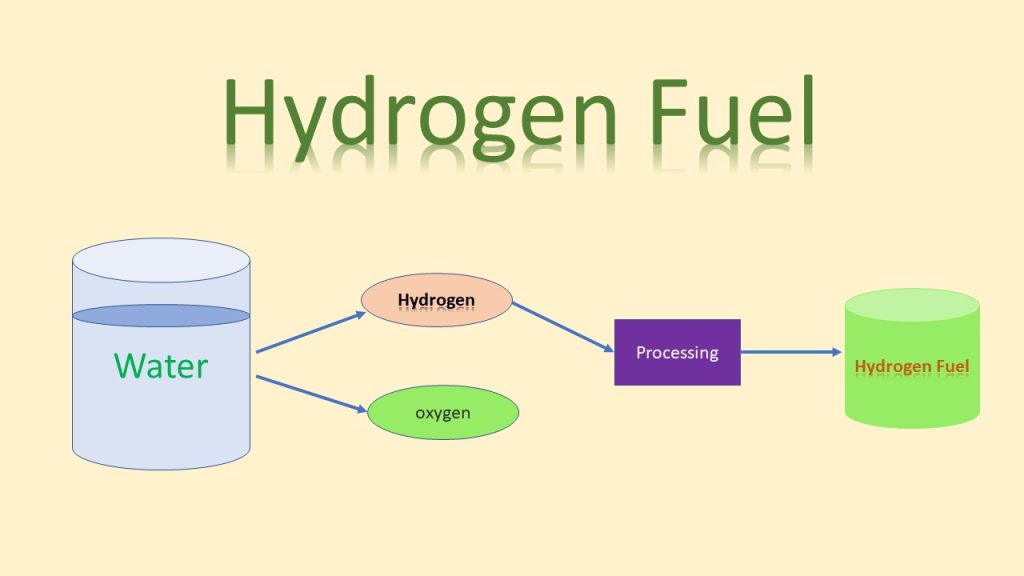As we learn about how food influences our brains? it has turn out to be an increasing number of synthetic to be irresistible to us. Our bodies are inundated with ingredients that have better concentrations of positive vitamins, like fats, sugar and more mixtures of nutrients than ever earlier than. These are blended with sensory homes like, a pleasingly smooth and velvety ice cream that make eating extra fun than ever. Now know here details about How the food we eat has changed after eat ?
Traditionally, people made meals with whole meals: for example, pie crusts have been crafted from flour and butter. In comparison, industrially processed foods are composed of materials extracted from foods. Like, starches and hydrogenated fats. Additives like artificial flavors, emulsifiers and stabilizers make food more appealing. However, ultimately to our personal detriment.
Professionals like Mr. DiFeliceantonio believe that we should make the difference among highly processed foods and people made from scratch. Being aware about the ones differences is step one in heading off an extended listing of weight loss program-related health troubles.
Mr. DiFeliceantonio said “we have been eating home made versions of cookies, cakes, and pizzas for a totally long term. But, it wasn’t until the upward push in production of ultra-processed ingredients in the 1981s that we’ve got visible this increase in diet-associated mortality and disorder,”
Extraordinarily processed ingredients can qualify as clinically addictive each Mr. Gearhardt and Mr. DiFeliceantonio argue. According to what’s referred to as the charge speculation, the quicker something influences your mind. The more addictive that substance could be. Many processed foods are essentially pre-digested to maximise the velocity of dopamine launch.
Later, it’d be not possible to extricate social and psychological forces from the equation. Processed foods had been on hand, low-cost, and aggressively advertised for generations. That best hurricane has created generations of folks that realize processed meals aren’t wholesome but are still compulsively drawn to them.
“The cues that surround these foods begin to take on a existence in their very own,” says Mr. Gearhardt. You may want to have these processed ingredients you understand are not proper for you. They may be anywhere. We’re continuously at the defensive against doughnuts at the morning meeting and the overdue-night advertisement for pizza.
Another, questions we have to know that, How are perspectives converting? What are the questions left unanswered?
In latest years, experts have boganned to invite new questions about meals addiction as some of their early assumptions have demonstrated fake.
Take tolerance and withdrawal for instance. those were as soon as considered most important elements of addiction. It’s become as soon as believed humans with meals addiction continued to devour compulsively with the intention to avoid withdrawal. The unsightly bodily and intellectual repercussions that appear while a person decreases or stops the usage of a substance.
Mr. DiFeliceantonio says “this is honestly no longer proper”. “Most of the theories of drug addiction have abundantly more to do with repetitive use, or with an dangerous craving. That’s what’s supporting drug use.”
Tolerance is almost the alternative of withdrawal, the results of continuing to use a substance. As someone’s tolerance of a substance grows, they want to devour increasing amounts to get the equal effect. Within the case of meals the dopamine deficit hypothesis posits that if we devour some things and don’t get sufficient delight from it, we’ll eat more until we sense right.
As studies progresses scientists are left with greater questions than solutions about how our bodies become hooked on food. We know that dopamine doesn’t tell the whole story, as it’s now not what makes consuming food fulfilling. Researchers have found evidence that would sincerely have a distinct cause: A 2012 study confirmed that eating meals stimulates our opioid receptors and which growth feelings of delight. But scientists recognize very little about how the technique works, because it’s hard to measure opioid stages in a dwelling organism.
Some professionals suspect a sensor in the top intestine can also play a function in our food likes and dislikes. Others surprise whether or not there can be some things at play inside the hypothalamus, a crucial part of the mind that regulates the entirety out of our body temperature on your sense of starvation.
Researchers additionally want to research which combinations of vitamins trigger exclusive ranges of dopamine release. Analyzing people unfortunately, calls for costly scans and a dose of radiation. “So, we’re genuinely greater constrained in what we are able to do,” Mr. DiFeliceantonio says.








